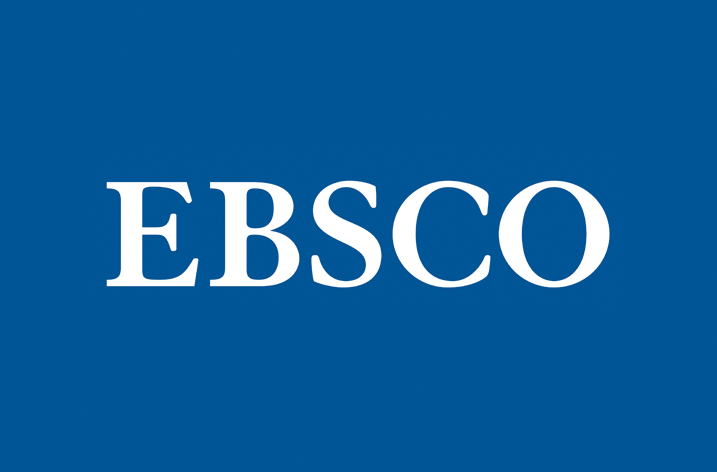
Digital Science and Katalysis are pleased to announce the launch of a pilot project to test blockchain technologies to support the peer review process. They are joined in this pilot project by founding partner Springer Nature.
The problems of research reproducibility, recognition of reviewers and the rising burden of the review process, as research volumes increase each year, have led to a challenging landscape for scholarly communications.
In its initial phase, this initiative aims to look at practical solutions that leverage the distributed registry and smart contract elements of blockchain technologies. Later phases aim to establish a consortium of organisations committed to working together to solve scholarly communications challenges that centre around peer review.
Digital Science will manage the project and looks forward to coordinating with further partners who wish to become involved; Katalysis will use its market-leading expertise in blockchain technologies to implement the test platform; Springer Nature will participate with a selection of its journals and give key input around publisher and peer review workflows; ORCID will provide insights and knowhow around personal identifiers and authentication.
Joris van Rossum, Director of Special Projects at Digital Science and Project Lead, commented: “Peer review is a crucial part of scholarly communication and the unique characteristics of blockchain technology hold great promise to solve so many of the challenges we see today. With ORCID, and founding partner Springer Nature, this initiative is already an opportunity to make a significant change. I encourage other organisations to contact me if they wish to participate.”
Martijn Roelandse, Head of Publishing Innovation at Springer Nature, said: “Researchers are increasingly required to provide a widening overview of their research-related activities to funders and universities. This new blockchain initiative will help quantify the value of peer review in scholarly communications and empower researchers with greater visibility of their efforts.”
Eveline Klumpers, co-founder Katalysis, comments: “Blockchain technology unlocks a far-reaching new form of engagement between parties which cannot seek such collaborations due to competing business interests. Springer Nature and ORCID are making an important step forward towards a fairer and more transparent ecosystem for peer review, pioneering a path for new ways to conduct business in the academic industry. As technology partner, Katalysis is delighted to make this initiative a reality.”
Laure Haak, Executive Director of ORCID comments: “ORCID is excited to be included in the initiative. We are interested in increasing the transparency of peer review, and also in exploring the utility of decentralized data stores in supporting trusted assertions that connect researchers to their activities.”























